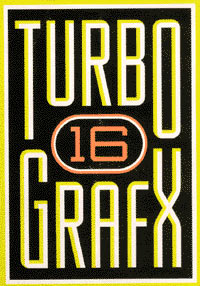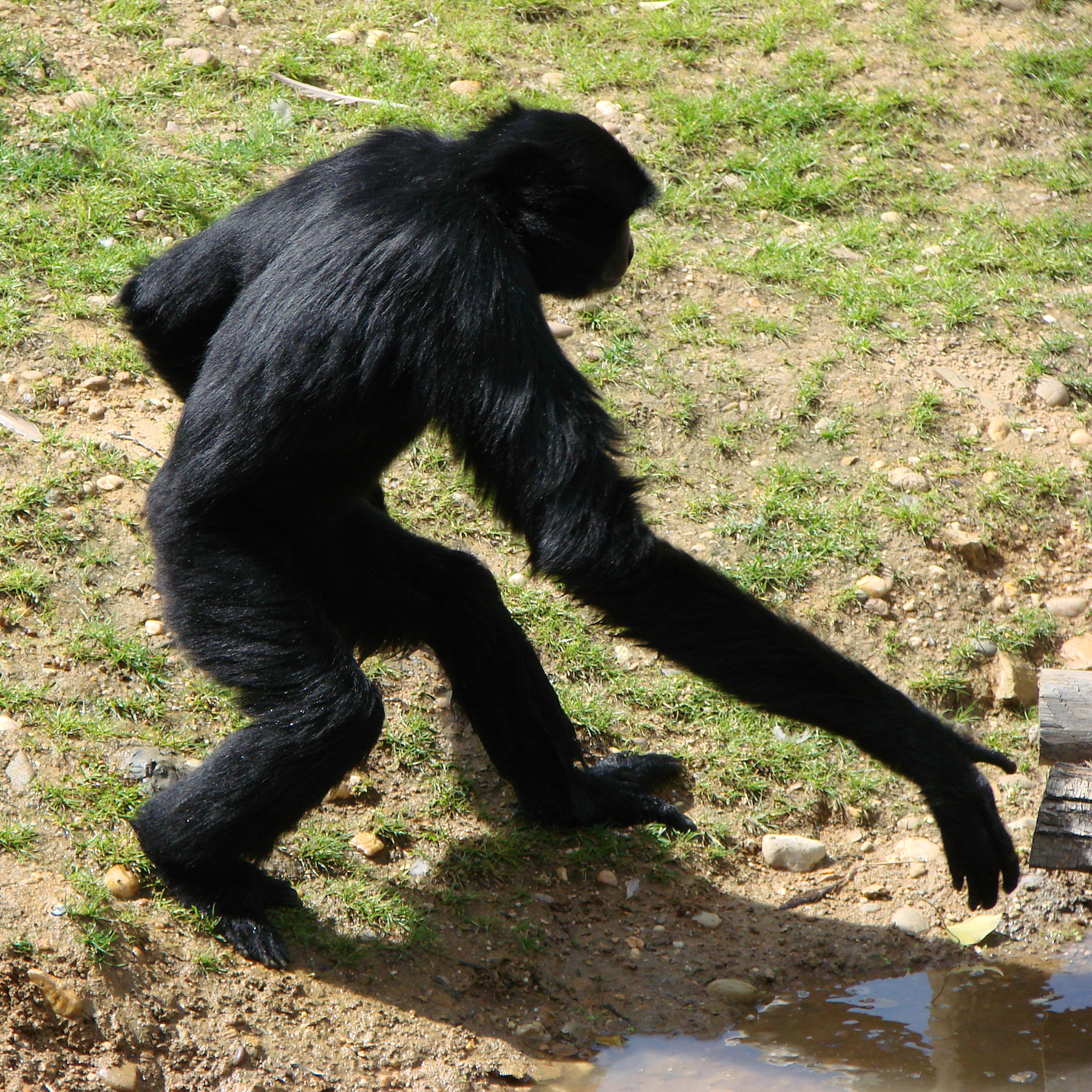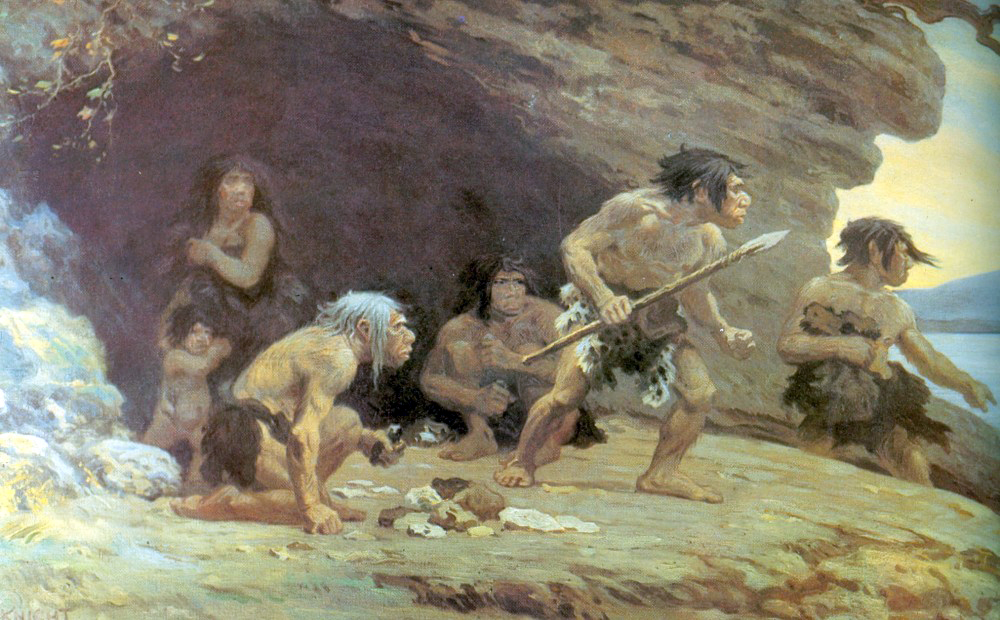|
Bonk (video Game Series)
Bonk, known as in Japan and as PC Kid or BC Kid in PAL territories, is a video game character and former mascot for NEC's PC Engine/TurboGrafx-16 video game console. Three platform games featuring the character appeared on the PC Engine/TurboGrafx-16, as well as two spin-offs featuring Air Zonk. The protagonist is a bald caveman named Bonk who attacks using his comically large head. His Japanese name PC-Genjin is a pun on the PC Engine, with his European name PC Kid similarly referencing the system's name (the console is also called PC Engine in Europe). The "PC" part of his Japanese and European names also stands for "Pithecanthropus Computerurus", a fictitious species name for the character. The American title ''Bonk'' is also not used in the European versions due to the word "bonk" being inappropriate slang in British English. Konami now owns the rights to the Bonk series as a result of its absorption of the series' publisher Hudson Soft in 2012. Origin As stated on Hudson S ... [...More Info...] [...Related Items...] OR: [Wikipedia] [Google] [Baidu] |
Red Company
is a video game developer and publisher based in Japan. Originally founded in 1976 as (though it did not begin doing business until 1985), it was reorganized and succeeded by a new company on December 4, 2000, under its current moniker of Red Entertainment. While Red Company as a public corporation dates back to the mid-1980s, the first title released under the Red Entertainment brand was ''Gungrave'' on July 17, 2002. The name "RED" comes from "Royal Emperor Dragon". In 2011, the company was acquired by Chinese game developer UltiZen Games Limited. In 2014, Red Entertainment was sold to Oizumi Corporation. Partial game list NEC PC Engine * '' Gate of Thunder'' * ''Lords of Thunder'' * '' PC-Genjin (Bonk)'' series * ''Galaxy Fraulein Yuna'' series * '' Tengai Makyō (Far East of Eden)'' series Nintendo Super NES * '' Chou Mahou Tairiku WOZZ'' * ''Kabuki Rocks'' * ''The Twisted Tales of Spike McFang'' * '' Tengai Makyou Zero'' GameCube * '' Tengai Makyō II: Man ... [...More Info...] [...Related Items...] OR: [Wikipedia] [Google] [Baidu] |
PAL Territories
The PAL region is a television publication territory that covers most of Europe and Africa, alongside parts of Asia, South America and Oceania. It is named PAL because of the PAL (Phase Alternating Line) television standard traditionally used in some of those regions, as opposed to the NTSC standard traditionally used in Japan and most of North America. More recently, as most countries have stopped using the PAL standard entirely in favor of newer digital standards such as DVB, the term "PAL region" in video gaming means the list of regions it had covered in the past. List Below are countries and territories that used or once used the PAL system. Many of these have converted or are converting PAL to DVB-T (most countries), DVB-T2 (most countries), DTMB (China, Hong Kong and Macau) or ISDB (Sri Lanka, Maldives, Botswana and part of South America). PAL B, D, G, H, K or I * (used SECAM) * * * (DVB-T introduction in assessment) * * * * * * * * (Digital broadcast using DTMB) * ... [...More Info...] [...Related Items...] OR: [Wikipedia] [Google] [Baidu] |
TurboGrafx-16
The TurboGrafx-16, known as the outside North America, is a home video game console designed by Hudson Soft and sold by NEC, NEC Home Electronics. It was the first console marketed in the fourth generation of video game consoles, fourth generation, commonly known as the 16-bit era, though the console has an 8-bit central processing unit (CPU) coupled with a 16-bit graphics processor. It was released in Japan in 1987 and in North America in 1989. In Europe, the console is known as the PC Engine, after the Japanese model was imported and distributed in the United Kingdom and France from 1988. In Japan, the system was launched as a competitor to the Nintendo Entertainment System, Famicom, but the delayed United States release meant that it ended up competing with the Sega Genesis and later the Super Nintendo Entertainment System, Super NES. The console has an 8-bit CPU and a dual 16-bit graphics processing unit (GPU) chipset consisting of a video display controller (VDC) and video ... [...More Info...] [...Related Items...] OR: [Wikipedia] [Google] [Baidu] |
British English
British English (BrE, en-GB, or BE) is, according to Lexico, Oxford Dictionaries, "English language, English as used in Great Britain, as distinct from that used elsewhere". More narrowly, it can refer specifically to the English language in England, or, more broadly, to the collective dialects of English throughout the British Isles taken as a single umbrella variety, for instance additionally incorporating Scottish English, Welsh English, and Ulster English, Northern Irish English. Tom McArthur (linguist), Tom McArthur in the ''Oxford Guide to World English'' acknowledges that British English shares "all the ambiguities and tensions [with] the word 'British people, British' and as a result can be used and interpreted in two ways, more broadly or more narrowly, within a range of blurring and ambiguity". Variations exist in formal (both written and spoken) English in the United Kingdom. For example, the adjective ''wee'' is almost exclusively used in parts of Scotland, North E ... [...More Info...] [...Related Items...] OR: [Wikipedia] [Google] [Baidu] |
Bonk
Bonk may refer to: People * Bonk (surname) Arts and entertainment * ''Bonk'' (video game series), a caveman character and video game series *Bonk!, a soft drink company in the first-person shooting game ''Team Fortress 2'' * ''Bonk'' (album), an album by Big Pig * Bonk, an early 1980s new wave band fronted by vocalist Barry Flynn of the Big Supreme Other uses * '' Bonk: The Curious Coupling of Science and Sex'', a 2008 book by Mary Roach * 14965 Bonk, a main-belt asteroid * Bonk (audio format) supported by fre:ac (formerly known as BonkEnc) * The bonk, or hitting the wall, sudden fatigue and loss of energy in endurance sports See also * * * Bonken, a Dutch card game * Bonkers (other) Bonkers is an informal British term that means "crazy" or "insane." It may also refer to: Television * ''Bonkers'' (American TV series), a 1993–1994 animated series * ''Bonkers'' (British TV series), 2007 comedy * '' Bonkers!'', a 1979 Bri ... * Boink, a magazi ... [...More Info...] [...Related Items...] OR: [Wikipedia] [Google] [Baidu] |
Species
In biology, a species is the basic unit of classification and a taxonomic rank of an organism, as well as a unit of biodiversity. A species is often defined as the largest group of organisms in which any two individuals of the appropriate sexes or mating types can produce fertile offspring, typically by sexual reproduction. Other ways of defining species include their karyotype, DNA sequence, morphology, behaviour or ecological niche. In addition, paleontologists use the concept of the chronospecies since fossil reproduction cannot be examined. The most recent rigorous estimate for the total number of species of eukaryotes is between 8 and 8.7 million. However, only about 14% of these had been described by 2011. All species (except viruses) are given a two-part name, a "binomial". The first part of a binomial is the genus to which the species belongs. The second part is called the specific name or the specific epithet (in botanical nomenclature, also sometimes i ... [...More Info...] [...Related Items...] OR: [Wikipedia] [Google] [Baidu] |
Computer
A computer is a machine that can be programmed to Execution (computing), carry out sequences of arithmetic or logical operations (computation) automatically. Modern digital electronic computers can perform generic sets of operations known as Computer program, programs. These programs enable computers to perform a wide range of tasks. A computer system is a nominally complete computer that includes the Computer hardware, hardware, operating system (main software), and peripheral equipment needed and used for full operation. This term may also refer to a group of computers that are linked and function together, such as a computer network or computer cluster. A broad range of Programmable logic controller, industrial and Consumer electronics, consumer products use computers as control systems. Simple special-purpose devices like microwave ovens and remote controls are included, as are factory devices like industrial robots and computer-aided design, as well as general-purpose devi ... [...More Info...] [...Related Items...] OR: [Wikipedia] [Google] [Baidu] |
Java Man
Java Man (''Homo erectus erectus'', formerly also ''Anthropopithecus erectus'', ''Pithecanthropus erectus'') is an early human fossil discovered in 1891 and 1892 on the island of Java (Dutch East Indies, now part of Indonesia). Estimated to be between 700,000 and 2,000,000 years old, it was, at the time of its discovery, the oldest hominid fossils ever found, and it remains the type specimen for ''Homo erectus''. Led by Eugène Dubois, the excavation team uncovered a tooth, a skullcap, and a thighbone at Trinil on the banks of the Solo River in East Java. Arguing that the fossils represented the " missing link" between apes and humans, Dubois gave the species the scientific name ''Anthropopithecus erectus'', then later renamed it ''Pithecanthropus erectus''. The fossil aroused much controversy. Less than ten years after 1891, almost eighty books or articles had been published on Dubois's finds. Despite Dubois's argument, few accepted that Java Man was a transitional form betwee ... [...More Info...] [...Related Items...] OR: [Wikipedia] [Google] [Baidu] |
Caveman
The caveman is a stock character representative of primitive humans in the Paleolithic. The popularization of the type dates to the early 20th century, when Neanderthals were influentially described as " simian" or "ape-like" by Marcellin Boule and Arthur Keith. The term "caveman" has its taxonomic equivalent in the now-obsolete binomial classification of '' Homo troglodytes'' (Linnaeus, 1758). Characteristics Cavemen are typically portrayed as wearing shaggy animal hides, and capable of cave painting like behaviorally modern humans of the last glacial period. They are often shown armed with rocks, cattle bone clubs, spears, or sticks with rocks tied to them, and are portrayed as unintelligent, easily frightened, and aggressive. Popular culture also frequently represents cavemen as living with, or alongside, dinosaurs, even though non-avian dinosaurs became extinct at the end of the Cretaceous period, 66 million years before the emergence of the ''Homo sapiens'' sp ... [...More Info...] [...Related Items...] OR: [Wikipedia] [Google] [Baidu] |
Air Zonk
''Air Zonk'', known in Japan as , is a horizontally scrolling shooter released for TurboGrafx-16 in 1992. ''Air Zonk'' was an attempt to update the company's image via a modern, punkish character called Zonk, who bears a purposeful resemblance to the TurboGrafx-16's caveman mascot, Bonk. The game was developed by Red Company, the original creators of the Bonk series, also known for their ''Gate of Thunder'' series. ''Air Zonk'' features King Drool, antagonist of the Bonk series, along with many other enemies from the series. It was followed by a sequel in 1993 called '' Super Air Zonk: Rockabilly-Paradise'' for the TurboDuo, and has been released on the Wii's Virtual Console. Gameplay ''Air Zonk'' is a re-imagination of the Bonk video game series as a scrolling shooter set in the future. Artistically the game is lighthearted, featuring humorous designs of the environment and the characters. During each of the five levels, the gameplay centers around the effective use of shootin ... [...More Info...] [...Related Items...] OR: [Wikipedia] [Google] [Baidu] |
Platform Games
Platform may refer to: Technology * Computing platform, a framework on which applications may be run * Platform game, a genre of video games * Car platform, a set of components shared by several vehicle models * Weapons platform, a system or structure that carries weapons * Web platform * Platform economy (or Platform capitalism, Platformization), a structure of internet business Physical objects and features * Carbonate platform, a type of sedimentary body * Cargo platform, a pallet used to ship cargo and heavy machines by forklift or manual lift * Diving platform, used in diving * Jumping platform, naturally occurring platforms, or platforms made in an ''ad hoc'' way for cliff jumping * Oil platform, a structure built for oil production * Platform, a component of scaffolding * Platform (geology), the part of a continental craton that is covered by sedimentary rocks * Platform (shopping center) in Culver City, Greater Los Angeles, California * Theatre platform, a standa ... [...More Info...] [...Related Items...] OR: [Wikipedia] [Google] [Baidu] |
Computer And Video Games
''Computer and Video Games'' (also known as ''CVG'', ''Computer & Video Games'', ''C&VG'', ''Computer + Video Games'', or ''C+VG'') was a UK-based video game magazine, published in its original form between 1981 and 2004. Its offshoot website was launched in 1999 and closed in February 2015. ''CVG'' was the longest-running video game media brand in the world. History ''Computer and Video Games'' was established in 1981, being the first British games magazine. Initially published monthly between November 1981 and October 2004 and solely web-based from 2004 onwards, the magazine was one of the first publications to capitalise on the growing home computing market, although it also covered arcade games. At the time of launch it was the world's first dedicated video games magazine. The first issue featured articles on ''Space Invaders'', Chess, Othello and advice on how to learn programming. The magazine had a typical ABC of 106,000. Website Launched in August 1999, CVG was o ... [...More Info...] [...Related Items...] OR: [Wikipedia] [Google] [Baidu] |




